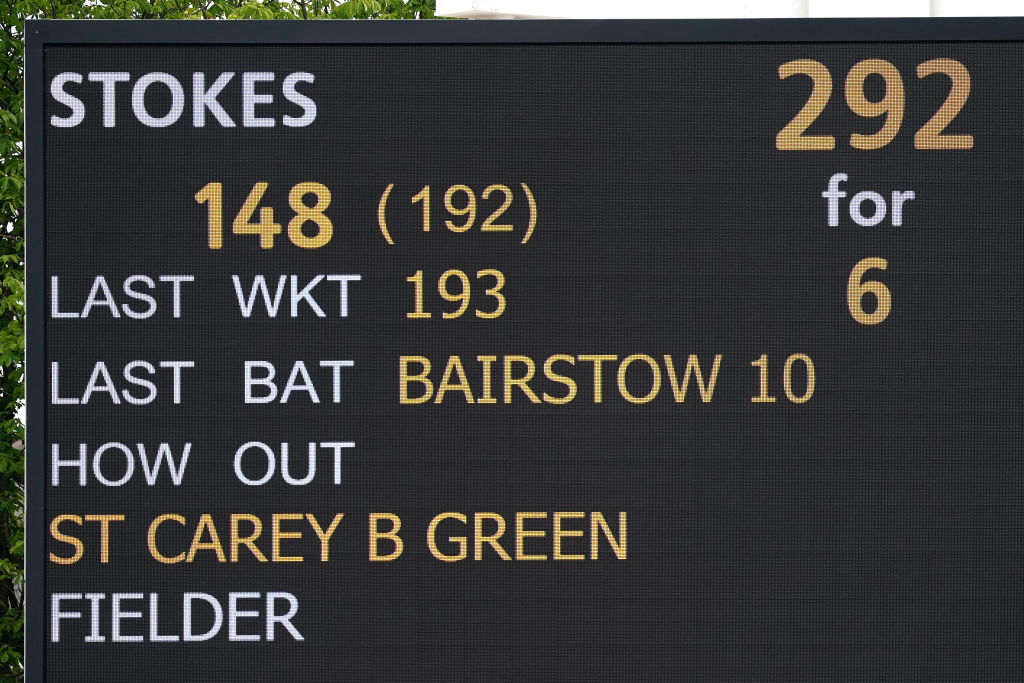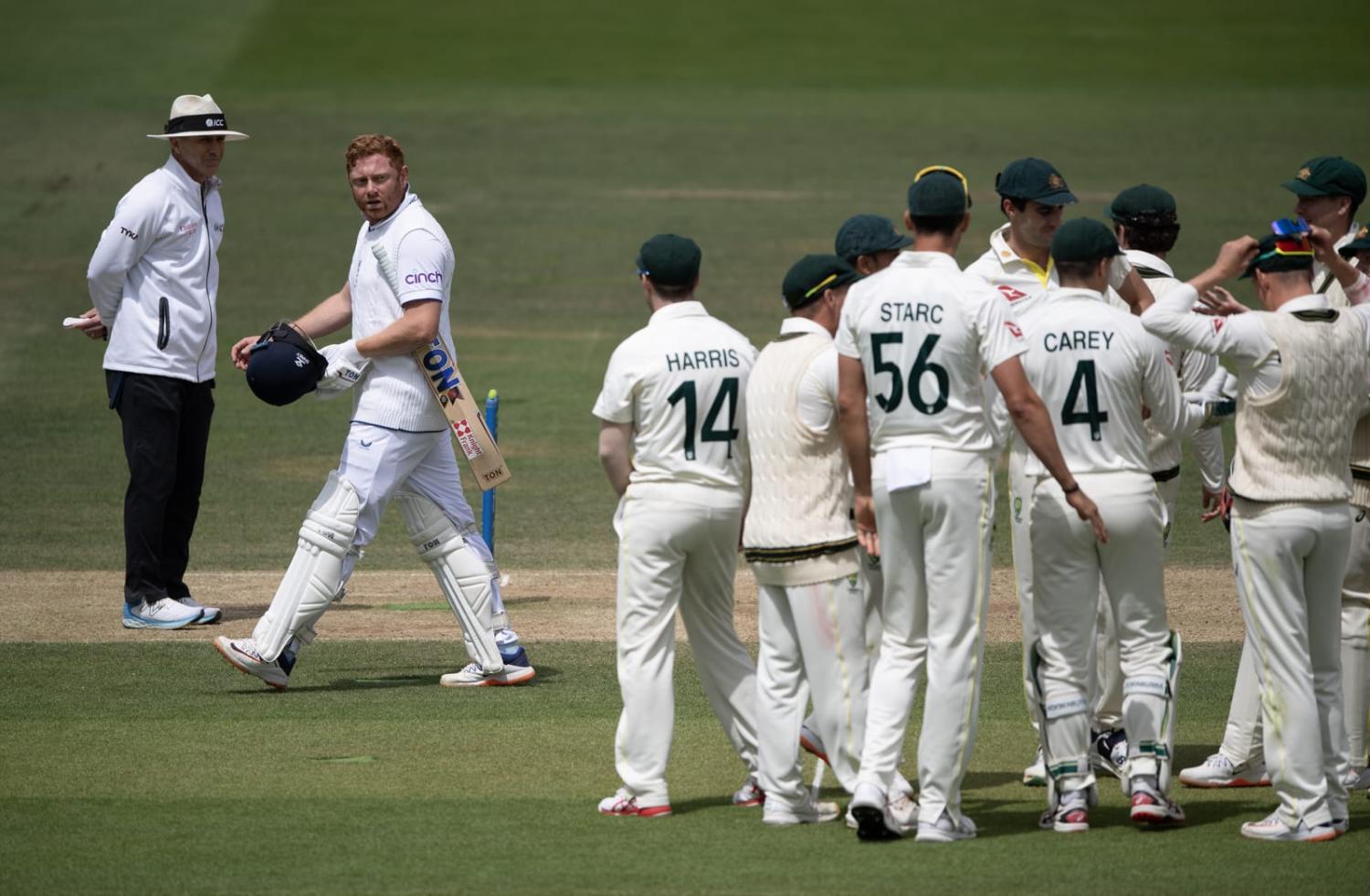It’s been a good week for one-eyed Australian cricket fans, first watching the England men’s team self-destruct and then the English cricketing establishment forfeiting any claim to the moral high ground. The confected furore over a perfectly legal dismissal now has both Australian and English media in a frenzy, and has reached the heights of a diplomatic tit-for-tat. British PM Rishi Sunak, through a spokesperson, accused the Australian team of contravening the spirit of the game – to which Australian PM Anthony Albanese responded “Same old Aussies – always winning!”, an appropriation of the English crowd’s chant on Sunday, “Same old Aussies – always cheating!”.
In amongst all this noise, it’s hard to find well-informed, considered commentary on what this all means (if, indeed, it means anything at all).
So, forget Fleet Street Aussie-bashing, the best takes on this all are from two self-reflective Poms. Guardian columnist Marina Hyde takes a step back, pointing out that “it must be hard for outsiders not to be struck by anything other than a sense of unwitting English smallness that stretches from the inner sanctum of Lord’s to Downing Street and beyond.” Nick Bryant, former BBC correspondent now based in Australia, says England’s recent approach to the game, “Bazball”, “could just as easily be called “Brexitball” because it seems to be based on a lot of bravado, an excess of wishful thinking, some rash decision-making and regular acts of national self-harm.”

There’s no shortage of cricket podcasts, but few have the depth and insight to see beyond the minutiae of tactics and selections to meaningfully situate the game in its social context. Peter Lalor and Gideon Haigh’s Cricket, Et Cetera draws on the more than half-century of combined professional experience of its hosts to set today’s developments against a bigger historical narrative. The Grade Cricketer, from Sam Perry and Ian Higgins, is a more irreverent offering imbued with the visceral perspective of Sydney club cricket (though a content advisory for profanity is in order). For an English view, it’s hard to do better than the Wisden Cricket Weekly, not only for its balanced coverage of the current series but also its ongoing discussion of racism in English cricket.
Apart from the Ashes itself, this week has prompted me to rewatch two pieces that illustrate that the “Spirit of cricket” has always been a malleable concept. The 2002 ABC series Bodyline: It’s just not cricket! is an excellent account of sport and politics colliding in Anglo-Australian relations. For those more disposed to dramatisation and a looser interpretation of reality, the 1984 miniseries Bodyline, featuring Hugo Weaving as the dastardly Douglas Jardine and Gary Sweet as Don Bradman, remains entertaining.
Of course, there’s also plenty of space for more drama: five more games in the women’s Ashes, and three more for the men!

